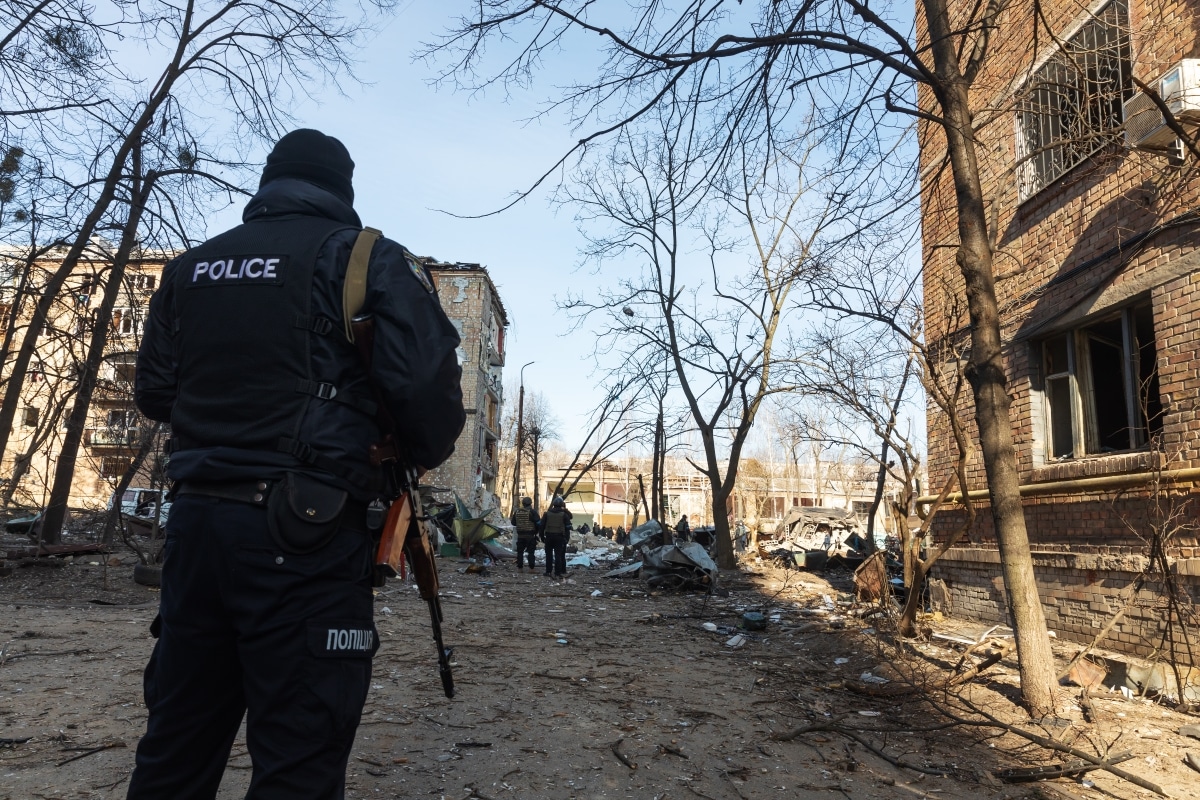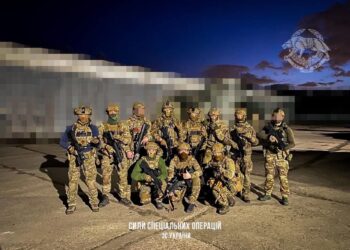The unexpected mutiny of Yevgeny Prigozhin and his Wagner mercenary group, leading to the capture of Rostov-on-Don, Russia’s ninth-largest city, has severely destabilized Russian President Vladimir Putin’s strategy in the ongoing war with Ukraine. The mutiny highlights the divisions within the Russian military and significantly undermines Putin’s leadership, leaving Russia in a precarious state both strategically and tactically.
Key Points:
- The Wagner mercenary group, under Yevgeny Prigozhin, mutinied and captured Rostov-on-Don before striking a deal and halting their charge towards Moscow. Prigozhin, critical of the failed invasion, called for the removal of Russia’s defense minister and chief of the general staff.
- This mutiny has significantly disrupted the Russian military, with soldiers aware of infighting and commanders worried about their personal futures amidst a possible power struggle.
- The internal discord offers an opportunity for Ukraine to break through Russian lines, particularly at a time when their counter-offensive had been struggling.
- Prigozhin’s actions undermine Putin’s strategy, showing the limitations of Russia’s defenses and creating a need for fresh mobilization, which risks stirring up popular discontent.
- Putin’s leadership has been gravely undermined by the mutiny. The betrayal by Wagner and Prigozhin, both of his creation, signals his failure in managing rival factions, and has exposed the limits of his people’s loyalty.
Continue reading at https://www.economist.com/leaders/2023/06/25/the-meaning-of-prigozhins-short-lived-mutiny






